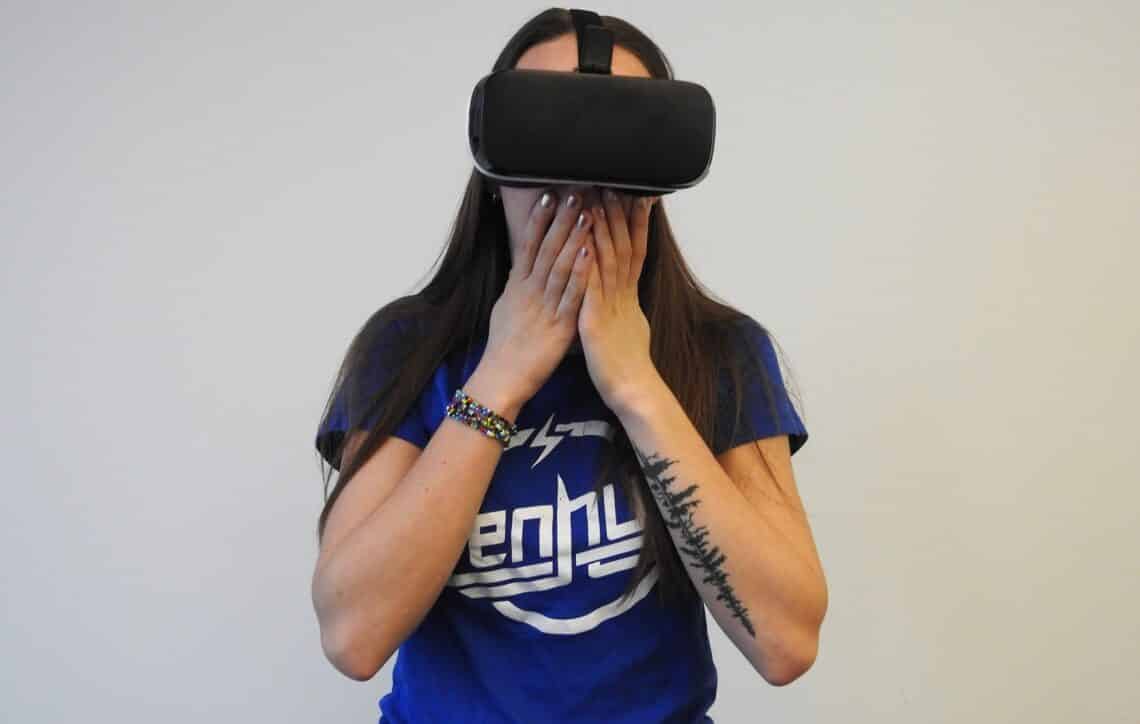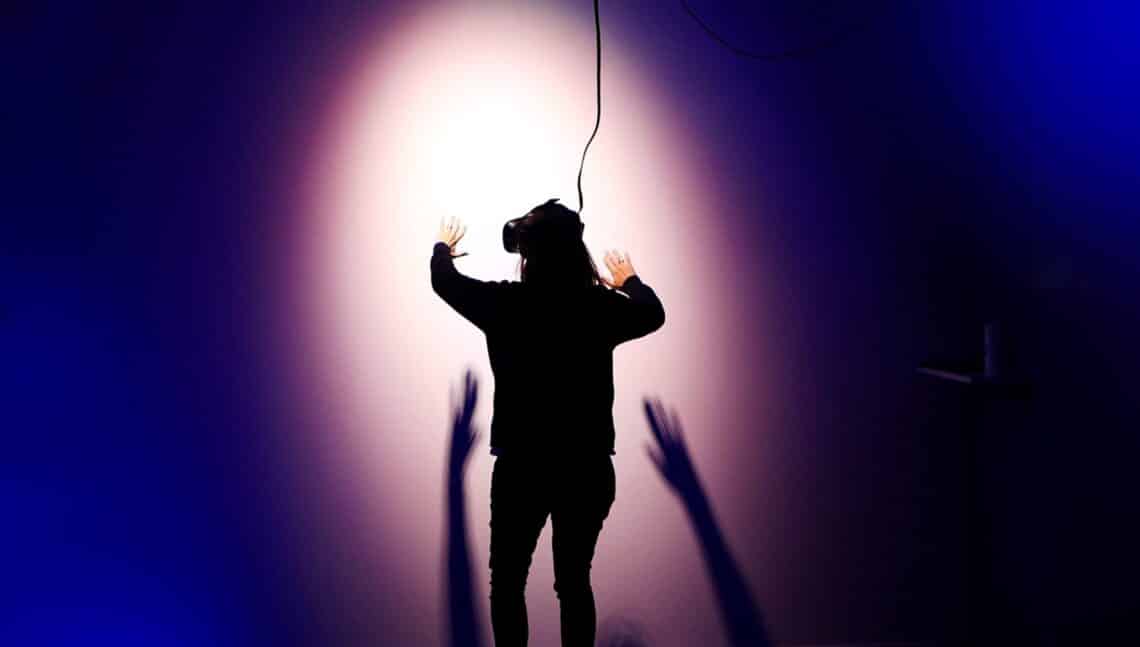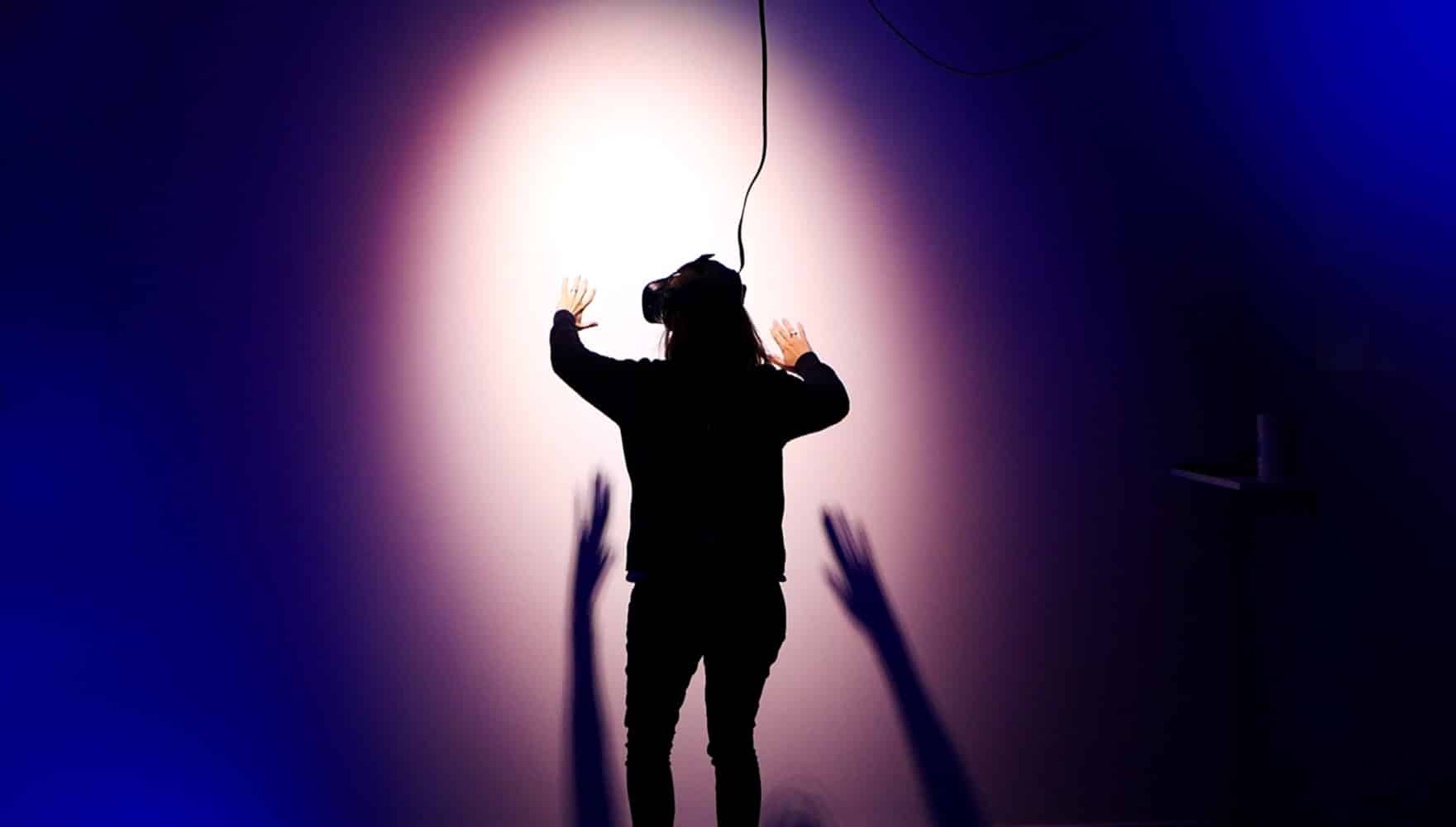The onset of Coronavirus has brought about changes in business operations, keeping safety concerns in mind.
Real estate is now utilizing the latest augmented reality technology to introduce concepts of virtual home tours. This has managed to keep the demand for residential properties high, even amidst the virus scare.
Video conference is now the new norm, and buyers are being able to shortlist houses from vast lists without having to step out. So, it’s not wrong to say that the innovation of technology is the sole reason for the successful operation of the real estate industry during these difficult times.
That being said, we’re all waiting for the pandemic to end to get back to our normal lives. And the thought of a post-COVID-19 world brings us to the question – can real estate continue to operate virtually once the pandemic is over?
Related Articles
House Price Change in the last 10 Years – the US Compared to Europe
Work From Home Tips For Architects During COVID-19
Workplace Technology Trends in a Post-Pandemic Future
Best Work From Home Practices For Architects
How Are Architects Working From Home?
Through this article, we’ll be addressing this concern once and for all. So, without further ado, let’s begin!

How Has The Pandemic Affected Real Estate?
It’s a known fact that the Coronavirus pandemic has managed to change our lifestyles drastically. And with businesses bearing the brunt of its impact, economic growth in the US is projected to see a 5.6% decline this year.
Now, the real estate market was also hit hard by the sudden onset of COVID-19. Home sales had seen the most significant decline since 1982 (the year when mortgage rates were 18%). Naturally, this didn’t come as a surprise, considering market scenarios and the imposed regulations related to social distancing.
However, existing-home sales have started gaining the momentum back over the last few months. In fact, we’ve noticed a trend signifying that properties are selling at a faster rate compared to the same time last year. Plus, with new contracts and listings, even new home sales are rebounding more quickly than anyone could imagine.
So, how is the real estate industry flourishing in a pandemic? Well, there are two reasons for it. Firstly, shelter is a basic need for living, so its demand will always remain. Plus, Coronavirus and the never-ending lockdowns have made it more necessary than ever. Home is no longer just a safe haven, but now it also serves as our office, gym, lounge, and movie theatre.
And secondly, COVID-19 has replaced physical home tours with virtual walk-throughs, 3D mapping, and drone surveys. Hence, potential buyers can now take a tour of the residential property in the comfort of their own homes, maintaining the social distancing norms and minimal contact.

How Are Virtual Walk-Throughs Changing Real Estate Deals?
Buyers and sellers now prefer making real estate deals virtually via video calls to prevent the risk of contracting the virus during physical meetings and walk-throughs. For this, brokers and agents are turning to Facebook lives and Facetime to host virtual open houses for potential buyers.
In fact, they’re also relying on teleconferencing software like Zoom Video Communications and Verizon’s Bluejean for face-to-face communication with clients. That said, now people can go over data and analytics virtually by sharing screens; instead of hosting meetings in conference rooms.
Furthermore, we’ve also seen a rise in demand for 3-D scans. Sellers are trying to utilize the latest reality technology to create virtual walk-throughs that offer the experience of playing life-like video games using VR headsets.
This has resulted in a nationwide spike of virtual tours, prompting sellers to show properties without having to send an agent to the location. As such, we’ve come across a trend that reflects 35% of realtors are dependent on virtual home walk-throughs instead of physical tours.
Now that we’ve elaborated on the seller’s perspective, it’s time we shifted focus to the buyer. The real estate industry has managed to thrive, even during a pandemic, because buyers are more willing to opt for virtual home tours. And this, in turn, has helped in the acceleration of home search.
Pre-COVID-19, physical walk-throughs would require buyers to see 30 different potential properties in person to find a suitable place that they’d like to invest in. To be honest, this was not only time-consuming, but also quite exhausting.
But virtual home tours have solved these issues as they help buyers narrow down properties from a vast list faster than before. Plus, deal negotiations and offers can be put forth with ease electronically. The overall process is much more convenient and hassle-free, in line with the stay-at-home orders continuously being enforced during this pandemic.

Can Real Estate Operate Virtually After The Pandemic?
In this section, we tackle the primary question surrounding the virtual operation of real estate in a Post-COVID-19 world. So, to answer your question – virtual walk-throughs and home tours will surely continue even after the pandemic.
This is because digital meets are not only convenient, but they also manage to speed up the overall process of the property search. Moreover, the world won’t be the same, even in the post-pandemic scenario, since a sense of fear is bound to linger among all of us.
That being said, although real estate can operate virtually, buyers will always want to step into the house to see it in person before finalizing a deal. And let’s face it; buying a home is a lifetime investment. So, tactile experience is critical, especially if you’re going to spend a fortune on the property.
In fact, homeowners who have purchased homes after virtual tours feel that physical walk-throughs are important. The reason for this is that it helps you define your idea of a home. That’s not all.
Unlike virtual operations, in-person home tours enable you to gain insights related to the accurate size, demographics, landscape, and drainage systems of the property. As such, you don’t miss out on crucial factors that may compromise your home needs in the future.
On the other hand, sellers will not have an issue with selling a house online after the pandemic. To be honest, property listings were found online, even before the onset of COVID-19. The only difference now is that the overall process of buying the property is also done virtually. This includes home tours, digital meetings held between the brokers, sellers, and clients, negotiations, and of course – the final deal.
In our opinion, real estate can definitely continue operating virtually after the pandemic. But physical visits to the property will also be allowed before the final purchase. This will be done to ensure that the buyer is completely satisfied with the investment.

How Will Open Houses Take Place After The Pandemic?
Even though virtual meets are encouraged, open houses will also take place after the pandemic for buyers apprehensive about making a purchase without seeing the house in person. For this, a few critical rules and regulations are already being put forth by top real estate firms in the US.
A detailed layout has been provided to agents on how they should prepare for open houses and showings. The tips and suggestions include making sure the agent has a list of all the names expected to be present in the property, be it the broker, buyer, or seller.
Furthermore, the open house should be held, keeping social distancing practices in place. As such, only a few attendees will be allowed at a time. And agents will have to confirm that no one ill has been in the house beforehand. Not only this, but cleaning supplies, sanitizers, and disinfectants should also be available throughout the property.
Final Words
2020 will always be remembered in the history of economics and medical science. It has been a year of breakthroughs, regression, and drastic changes. Businesses were hit hard, but some did see a ray of hope.
That said, although home sales dropped towards the beginning of the pandemic, it gradually picked up pace over the last few months. In fact, with the accelerated use of 3-D mapping, virtual walk-throughs, and drone surveys, the real estate industry has been flourishing.
However, buyers may not enjoy the virtual experience of home search for too long because of the comfort and satisfaction provided by physical walk-throughs. As such, the trend of virtual operation of real estate may see a decline post-COVID-19.
On that note, we’ll now take your leave. Till next time, take care, and stay safe!




